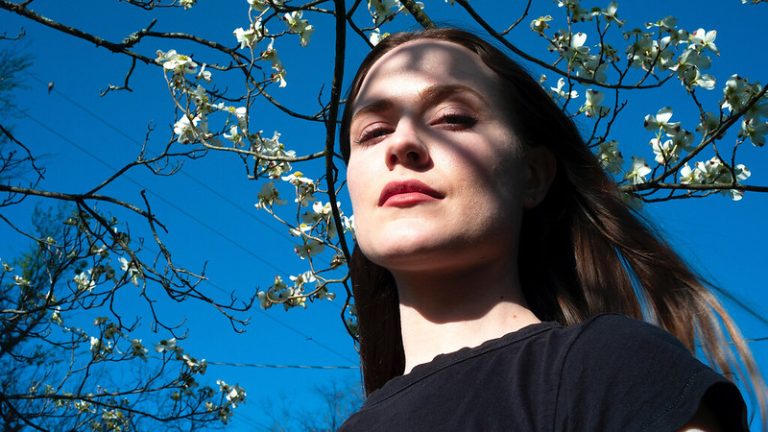
While modern civilization has evolved in certain respects, it is still horrifying and disturbing to see how people continue to be led to believe that they occupy a particular rank or place where they must do what is asked or expected of them. Too often, young individuals – and individuals of any age – are taken advantage of because they do not know that what someone else is doing is wrong, and that they are not required to go along with it. The American legal system has sadly not created adequate protections when crimes are committed, and among the best catalysts for change is when well-known figures speak out. Phoenix Rising delves into the experiences and work of the award-winning actress Evan Rachel Wood.
Wood started her career as a child actress, with her first TV movie released before she turned seven years old. Her major film breakthrough came with Thirteen, which she filmed when she was just slightly older than thirteen herself. Several years later, she was in the spotlight due to her relationship with rock star Marilyn Manson, who is almost two decades older than her. Years after that relationship, Wood, who currently stars on HBO’s critically-acclaimed series Westworld, is reckoning with the fact that she was in a predatory relationship, and doing everything she can to make sure women have a way to fight back in similar situations.
Wood went public with her accusations about how Manson treated her last year after previously stating her identity as a survivor of rape and abuse. This project allows her to process everything that she went through as she reads through her journals and considers the circumstances under which the relationship began. She has the knowledge of adulthood and being able to see what she went through as a person now in her thirties to understand and verbalize the ways in which she was ill-equipped to defend herself against someone who was not at all concerned with her wellbeing.
Just as much as this is an examination of Wood’s relationship with Manson, it is also an indictment of society and the way in which pop culture does not appropriately advocate for young women and others who might be preyed upon by those with malicious intentions. Wood describes how her role in Thirteen led to people believing that she must be like that character, and that she was much more mature than her age because she had delivered such an extraordinary performance. Hearing her relive the discomfort she felt having to make out with an actor nine years older than her is among the tamer revelations about a truly distressing and regrettable pattern of events.
Phoenix Rising gets its title from The Phoenix Act, which is a domestic violence bill that Wood has campaigned tirelessly for, designed to extend the statute of limitations so that those like her who have been victimized and abused are able to pursue action against those who harmed them. The determination that Wood brings to her advocacy is impressive, and she does that, as this film shows, by being fully open and raw, sharing her private and intimate thoughts and recollections widely as a way to make others feel more comfortable doing the same.
This is the first part of a two-part series from HBO that is slated to premiere its second half later this year. While that addendum will surely address intriguing content and provide a more complete framework both to Wood’s story and to her work on getting laws passed throughout the country, this entry is perfectly adequate in its highlighting of the pervasive nature of celebrity culture and its potentially traumatic consequences. This will not be an easy watch, particularly for those who have endured abusive relationships, but Wood presenting herself as a famous person dedicated to making sure people are heard and believed is an admirable and important mission.
Grade: B+
Check out more of Abe Friedtanzer’s articles.
Phoenix Rising is showing in the Special Screenings section at the Sundance Film Festival.

